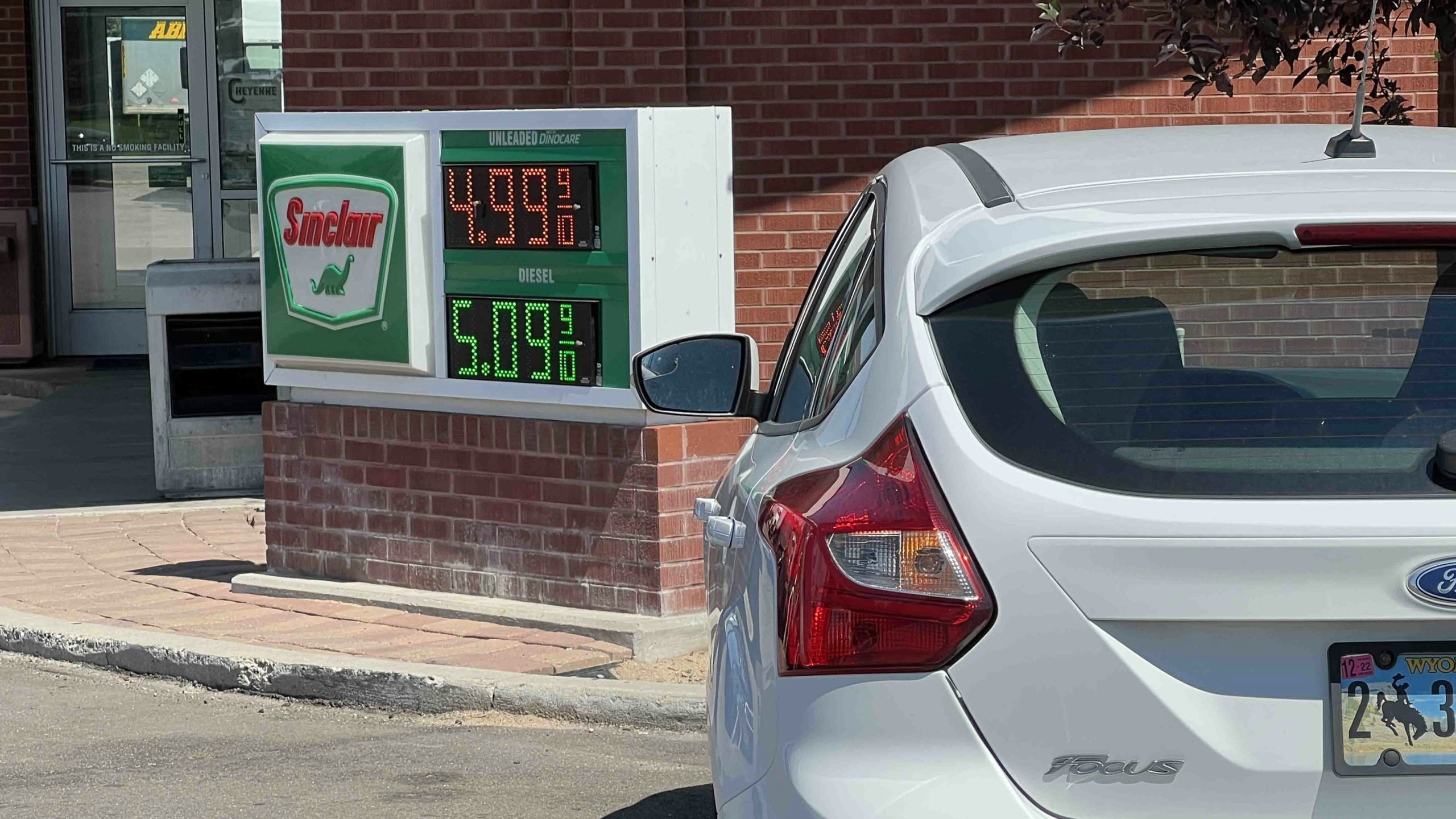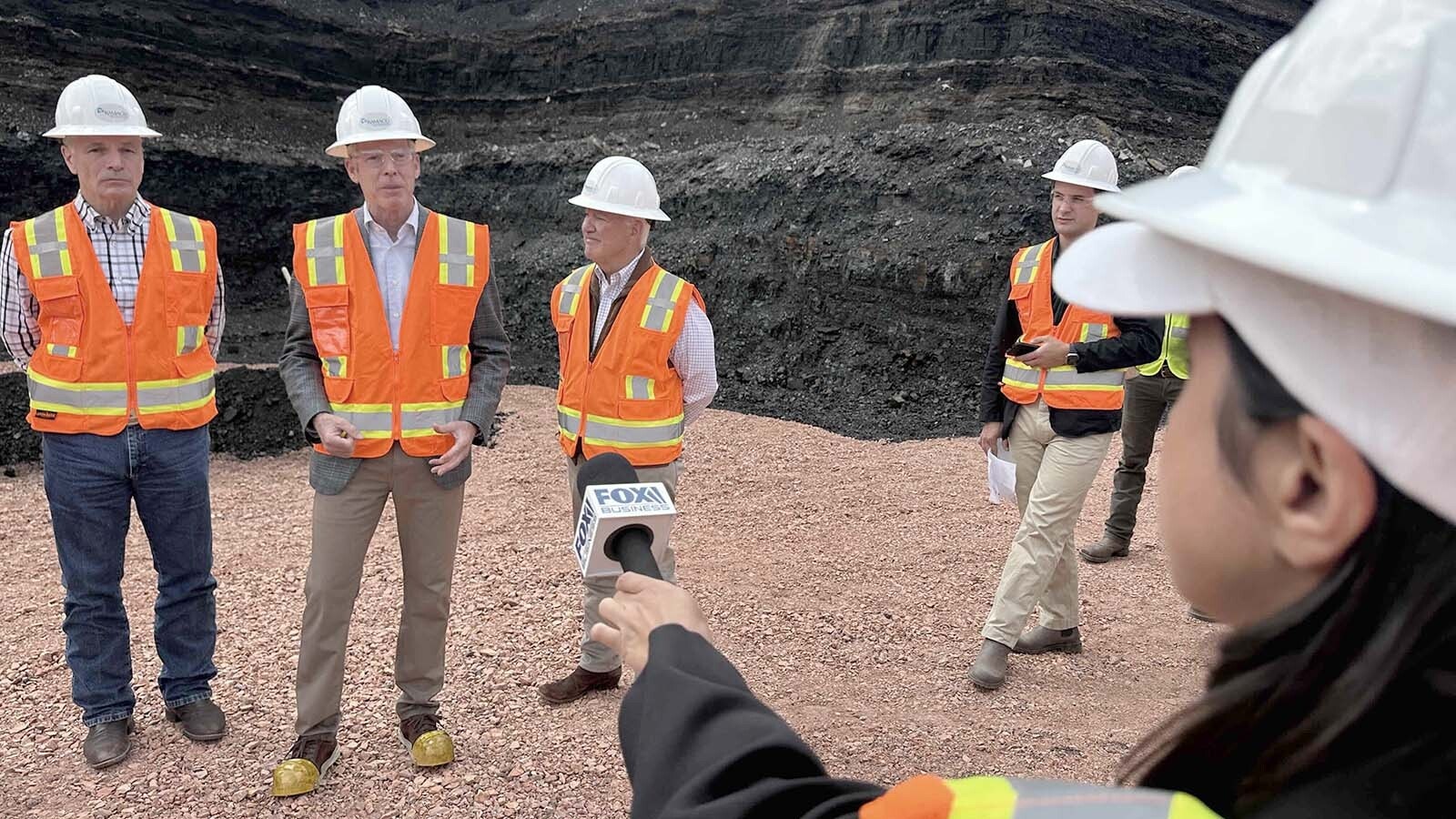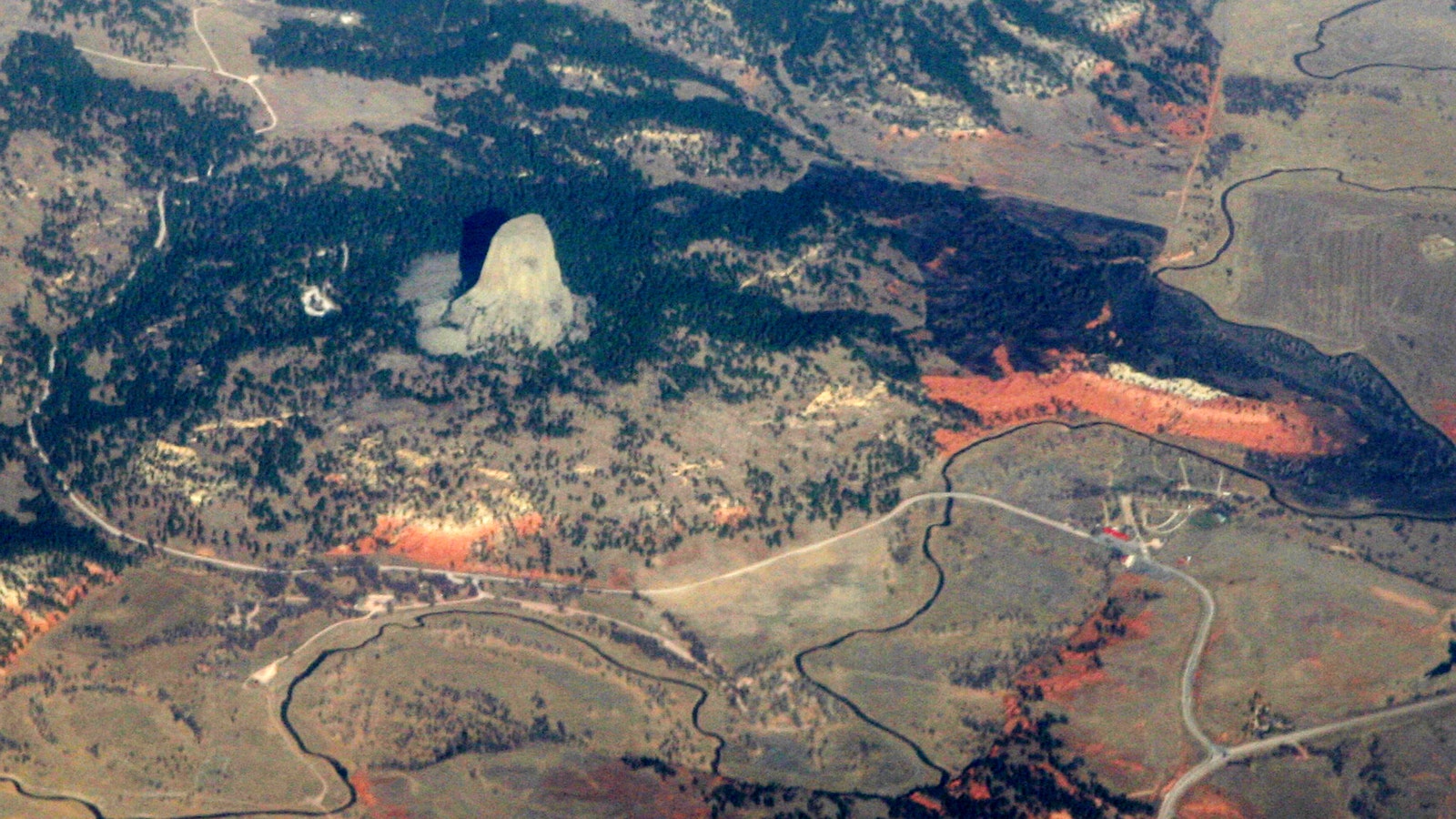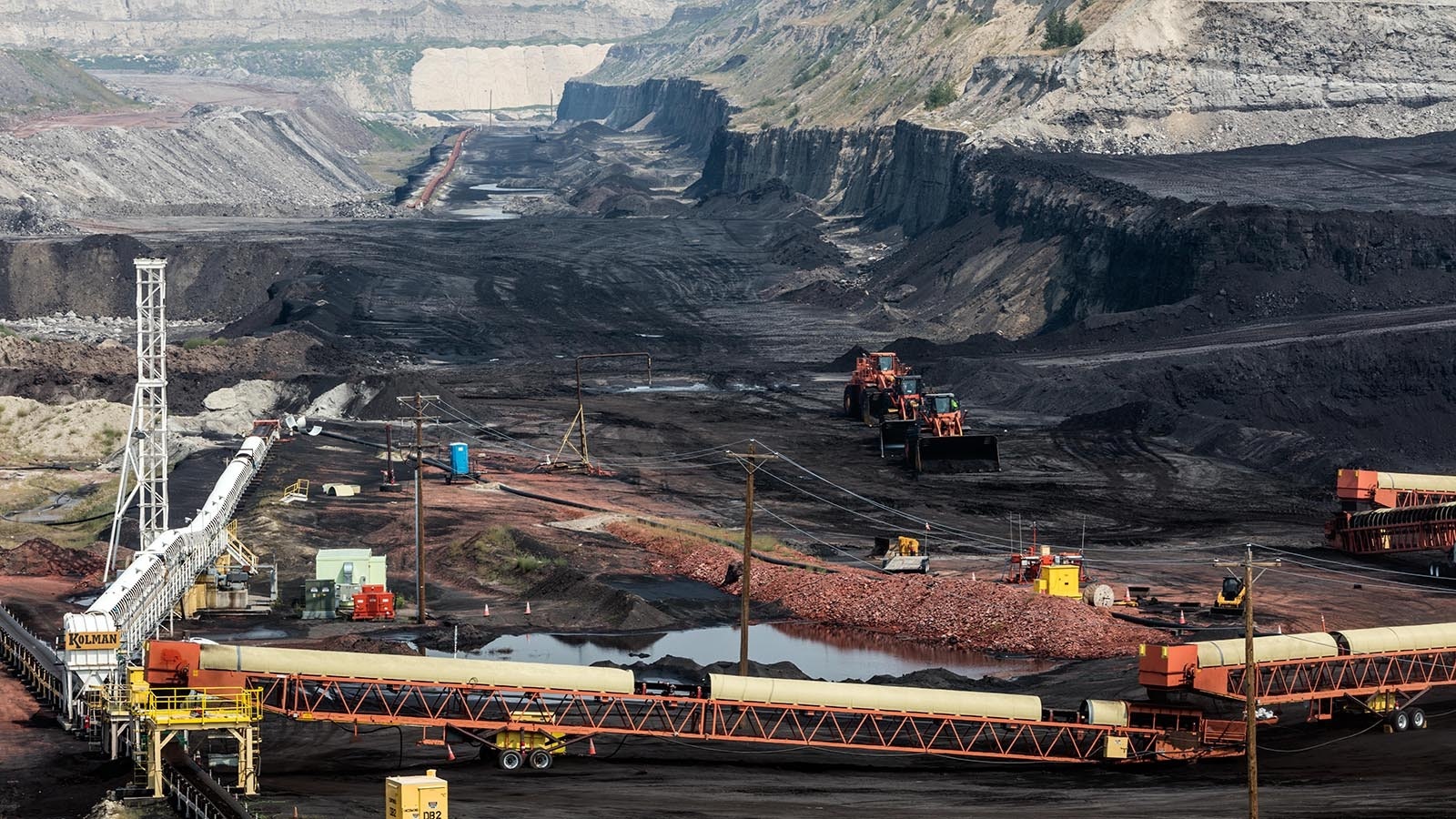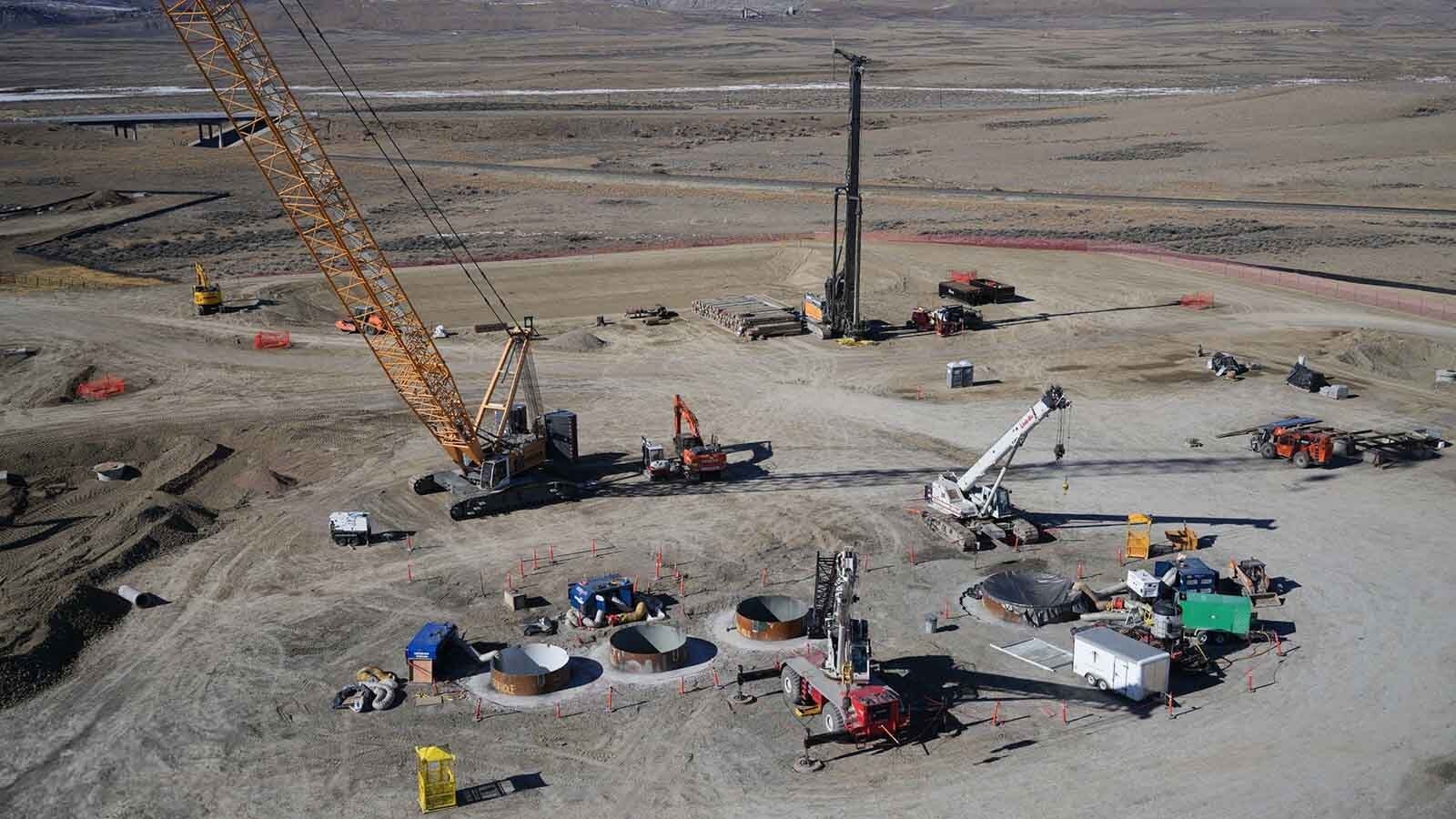**For All Things Wyoming, Sign-Up For Our Daily Newsletter***
Wyoming could be just one catastrophe away from a severe increase in the already sky-high fuel prices, industry leaders told a state panel studying Wyoming’s gas and diesel prices Friday.
“If any of the refineries shut down, it takes more supply off the market,” John Dooley, owner of Dooley Oil, Inc. said. “We could be in a dire situation pretty quick.”
The handful of oil and gas industry members who testified before the Gas and Diesel Price Working Group on Friday afternoon in Cheyenne painted a gloomy forecast for the future of oil and gas prices in Wyoming.
The Working Group was formed by Gov. Mark Gordon to examine rapid increases in the cost of gas and diesel in the state and possibly recommend solutions. He did not attend Friday’s meeting or speak to the group.
Tax Revenue Drop
Ron McMurry of the Cheyenne Logistics Hub industrial park said a catastrophic supply hit could lead to a drop in tax revenue for the state as consumers would likely curb their gas consumption.
Rep. Clark Stith, R-Rock Springs said the state makes about $100 million in additional revenue for every $10 paid at the pump. Each penny of sales tax generates about $180 million per year.
Sam Shumway, Wyoming state director for AARP, asked Peter Obermueller, president of the Petroleum Association of Wyoming, what he should tell his members who are struggling to pay their bills due to the increase in prices.
Obermueller agreed the problem affects people’s livelihoods, but said oil and gas companies are independent groups that operate in a global market where collusion is illegal.
“Because of that, we don’t have the ability to set the price,” he said. “The answer is not simple.”
Stith and Obermueller said the Legislature could restore a property tax rebate program for elderly and the disabled that helps the state combat a proverbial ocean wave with “a canoe and paddles.”
“It may get to the goal, which is relief for Wyoming consumers,” Stith said.
Obermueller also said a reconsideration to the state’s oil and tax structure could help the energy industry better prepare for gas price crisis scenarios like the one the state currently finds itself in.
The price of gasoline in Wyoming averaged $4.71 per gallon on Monday morning, an increase of almost $1.31 from one year ago.
Price Gouging
Cheyenne resident Les Moore accused oil and gas producers of price gouging, but McMurry, his co-worker Joe Stephenson and Dooley said their profit margins are thin. Obermueller said gas companies have become more conservative with their cash flow management due to prior recessions, which has slowed the amount of supply available on the market.
Obermueller said the high prices cannot be simply resolved by having Gov. Mark Gordon tell producers to create more oil or sell it at lower prices. In addition, wholesale gas and diesel suppliers have no control over the prices at the pump, which instead are heavily reliant on the global markets and outside pressures like the war in Ukraine, government spending, inflation and environmental policies, he said.
Obermueller said it would be detrimental for Wyoming if all its producers started retaining all production in-state.
“I think we need a bit of humility about the ability at the state level to do anything about price at the pump,” Obermueller. “As far as what the state of Wyoming can do, there’s not a lot more that can be done.”
Moore said CLH and other producers were being purposely ambiguous about their numbers at the meeting to obscure the large profits they are making.
“They’re telling us, the public, they stored tons of oil (during the pandemic) and took a loss on it,” he said.
But McMurry said his company does not have enough storage volume to make it economically profitable to ship out crude oil to take advantage of shifting prices due to the current volatility of that market.
“If the prices change overnight, we could lose millions of dollars,” McMurry said.
Supply, Not Demand
Dooley said supply, not demand, has the biggest effect on fuel prices. Despite rising gas prices, demand has stayed somewhat steady in America this summer.
The current price of crude oil is $97.59, down from a high of $122.11 on June 8.
Dooley said his industry benefits more from lower gas and oil prices than high, because of the generally stable supply market accompanying it. The suppliers presenting at the meeting universally agreed that increasing supply will lower costs for consumers, but few answers were provided as to where this could come from.
Since 1978, Wyoming has lost 12 of its 15 refineries and produces 80,000 fewer barrels of oil per day. Conversely, the state population has grown by around 150,000 people and uses twice as many vehicles as it did in 1980.
Dooley said his company relies heavily on the Suncor Refinery outside Denver for its gas and added his company’s supplies were significantly affected by the decision of the HollyFrontier refinery in Cheyenne to switch from making gasoline to making renewable diesel.
As a result of HollyFrontier switching over to renewable diesel, Obermueller said it reduced Wyoming’s overall oil production by 26%. He said HollyFrontier was prompted to make the change because it was spending $250 million to comply with federal regulations while refining gasoline.
“It was a motivating factor for them switching over,” he said.
The lack of oil pipelines and other supply sources in the Rocky Mountain Region was a frustration expressed by multiple producers at the meeting.
New Refinery
Steve Cure, a staff member with Dooley Oil, said it would take about seven years to get a new refinery built, assuming there was no pushback from the federal government or any other outside groups.
Currently there are 21 oil and natural gas rigs in production in Wyoming, down from the 31 that were operating prior to the COVID-19 pandemic, but up from the 14-16 operating during the winter and 18 in early June. Crude oil production had recovered to about two-thirds of its pre-pandemic production by March. Demand for gas is slightly lower than it was at this point last year.
Obermueller said the fossil fuel policies of President Joe Biden’s administration have caused a “chilling effect” on Wyoming’s energy industry, with the administration openly saying its policy is to end oil and gas drilling on federal land.
Tax Holiday
The idea of a fuel tax holiday has been proposed in some circles as a way to reduce gas prices, with about a dozen Republican Party members sending a letter to Gordon in June requesting it. Brenda Henson, chair of the Working Group, said the only letters her board has received on the topic are from groups voicing opposition to a fuel tax holiday. Wyoming has the second lowest fuel tax in the region.
Rep. Mike Greear, R-Worland said he opposes adopting a tax holiday as he believes its benefits will be mostly limited to out-of-state travelers.
Wyoming Department of Transportation Director Luke Reiner said a reduction or cut to the state’s 24-cent per gallon fuel tax would have a dramatic effect on his department’s ability to fix and manage roads and start new projects. Since the tax is assessed on each gallon sold, rising fuel prices do not directly affect the cost of the tax itself on consumers. Last year, the fuel tax brought in $81.5 million in revenue for the state. The fuel tax cost the average resident $171 over the year.
The state typically builds new roads with a 90% match from the federal government. Reiner said having funds available to take advantage of matching programs like these is critical for the state’s infrastructure. He added WYDOT runs on a $350 million annual deficit, paying more than 2,000 employees with a $175 million annual payroll.
Discussion also took place about removing a Wyoming state law that prohibits gas stations from selling their gas at their cost, with no markup. Stith said the move could incentivize stores to lower their prices and possibly recoup their losses with the sales of donuts and other items inside their stores.
Cure expressed concern about this idea, mentioning a scenario in western Colorado where a corporate supermarket sold gas below cost to put a small convenience store out of business. The bigger store was able to sustain itself with the many more products it sold for a profit.
Reiner said the complicated gas distribution network, filled with many interstate reimbursement agreements, could soften any possible gains expected from revoking this law.

